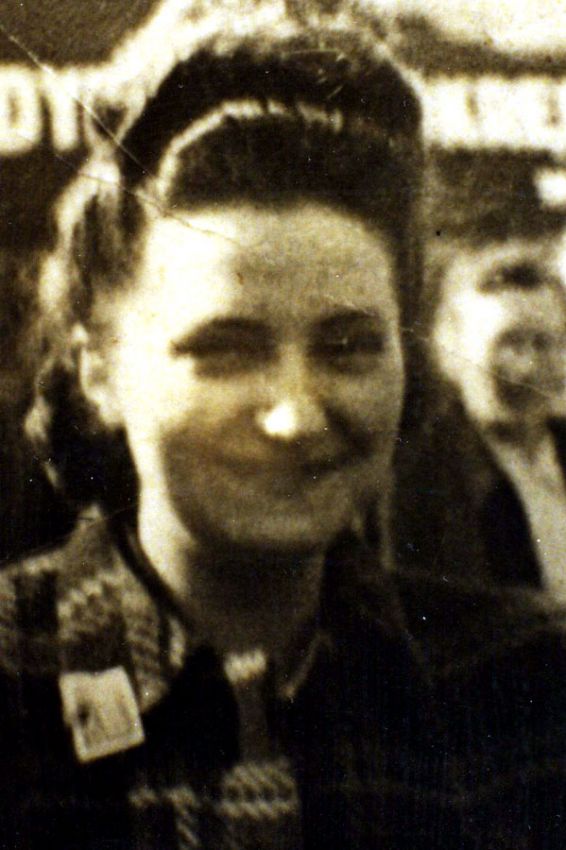
Talented Storyteller, Visionary, “Secretary of Mercy”
St. Maria Faustina Kowalska
St. Faustina was chosen by Jesus to be His missionary of the powerful message of Divine Mercy, but her visionary spiritual life was hidden by her humble external appearance. In 1905, she was born as Helena Kowalska to a family of poor peasants in Poland and was the third of ten children. She felt called to a religious vocation from the age of seven, but she was discouraged from pursing it by her parents as they could not afford the dowry, which was the money and wardrobe required for a woman entering religious life. Instead, she threw herself into worldly fads, going to dances with her sister and using the money she earned from nannying to buy fashionable clothes. She was in fact so stylish, that one previous employer commented that she thought Helena was too expensive to hire. It was evident she had a natural gift for telling stories to the children, who were captivated by her speech. Even later in her religious life, sisters admitted that they loved being in her company and called her their “lawyer” because of the persuasive way she used hand gestures to boost her argument.
Helena’s life took a dramatic turn when at nineteen years old, she saw a vision of the scourged, suffering Christ while at a dance in the park with her sister. As she witnessed His body covered in wounds, she was compelled at that moment to enter religious life immediately. She packed her bags that night, and traveled to Warsaw where she was refused by several convents before finally being accepted by the Congregation of the Sisters of Our Lady of Mercy. She entered the community when she was almost twenty years old, taking the name Sister Maria Faustina. The community was devoted to caring for the spiritual and educational needs of troubled women, which included helping unwed mothers and women trapped in a life of prostitution. Sister Faustina, however, was given the most menial tasks to do because of her lack of schooling. Whether she was cooking, gardening, or answering the door, Sister Faustina was always cheerful, humble, and diligent. Exteriorly, her religious life would have seemed quite ordinary. Yet interiorly, the Lord was inviting her more deeply into His plan for the redemption of humanity through an extravagant union with Him.
“If the angels were capable of envy, they would envy us for two things: one is the receiving of Holy Communion, and the other is suffering.”
Sister Faustina began receiving visions of Jesus throughout who asked her to become His apostle and “Secretary of Mercy.” She was being recruited to proclaim the truth about God’s mercy to the world, and to implore God’s mercy for sinners through new forms of devotion. Out of obedience to Christ and her spiritual director, she recorded the revelations and messages received from Our Lord in her diary, Divine Mercy in My Soul. In it, she faithfully documented all of Christ’s words and her encounters with Him. Jesus said to her, “Secretary of My most profound mystery, know that your task is to write down everything that I make known to you about My mercy, for the benefit of those who by reading these things will be comforted in their souls and will have the courage to approach Me” (Diary 1693).
None of these events were known beyond Sister Faustina’s spiritual director and superiors, and after her death even her closest sisters were shocked by the great sufferings and mystical experiences she had. St. Faustina lived a hidden life of sacrifice, constantly uniting her sufferings with Christ’s Passion and cooperating with His plan for the salvation of souls. Her life was filled with extraordinary experiences; she was able to perceive the supernatural world with her senses, and she was endowed with gifts such as reading human souls and prophecy. In her humility, she did not see her gifts as her source of sanctification, but rather, doing the will of God. St. Faustina told Jesus, “I want to love you as no human soul has loved you before.” She died in Krakow in 1938 at the age of thirty-three from tuberculosis. In 2000, she was canonized by Pope John Paul II, and her message of Divine Mercy has continued to spread throughout the world, leading souls to trust in Jesus and His love for them.
Feast Day: October 5

